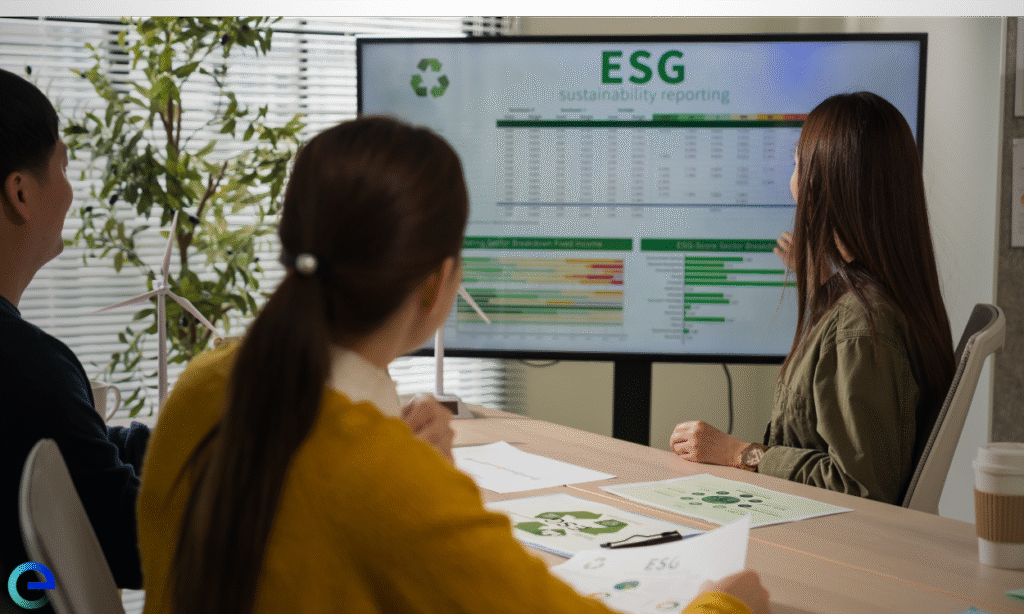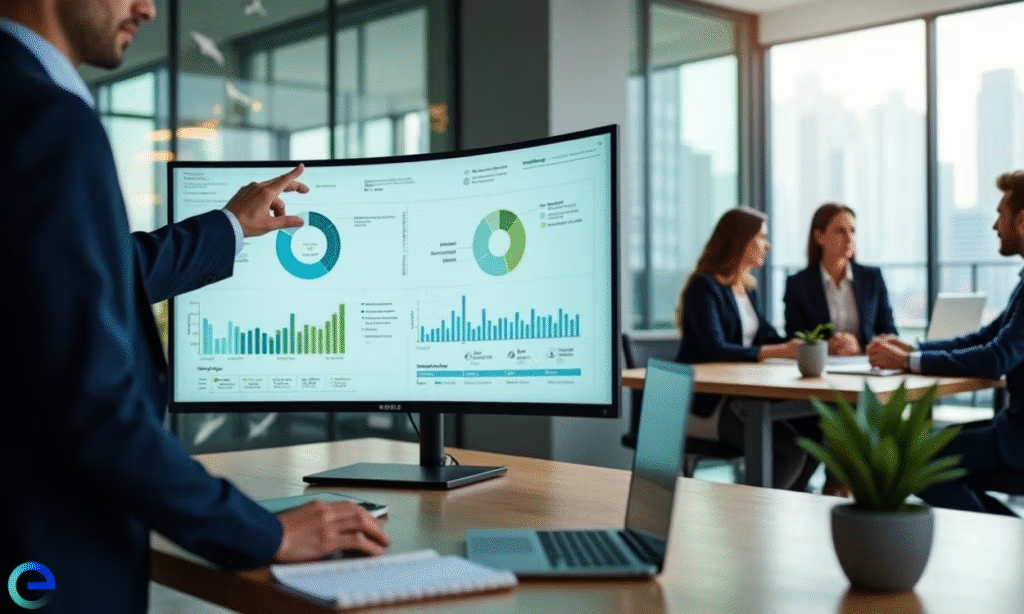8 ESG Trends for 2026: What Businesses Need to Know

As we approach 2025, we highlight eight of the most significant EGS trends from 2026 onward to help companies and professionals be proactive and responsive to emerging challenges.

As we approach 2025, we highlight eight of the most significant EGS trends from 2026 onward to help companies and professionals be proactive and responsive to emerging challenges.

Building a sustainable supply chain is critical for ESG success, as supply chain emissions average 11.4 times larger than direct operational emissions. Learn about the critical steps and strategies to transform your supply chain into a competitive advantage.

With investors asking for transparency and a strong focus on ESG performance, more SMEs now consider ESG reporting. Although creating an effective ESG KPI framework can be difficult, there are simple steps to break down the process and wayst o set up meaningful sustainability metrics without spending a fortune. Small businesses that proactively establish ESG KPIs today position themselves advantageously for tomorrow’s marketplace demands.

The TNFD framework changes traditional reporting by tracking nature-based resources like water, soil, and pollination and monitoring environmental effects such as deforestation and habitat loss. Organizations can now better disclose their nature-related risks through this framework, which looks at both challenges and opportunities.

Despite regulatory uncertainty over sustainability regulations, AI-driven ESG reporting gains momentum. What are the advantages and disadvantages of using artificial intelligence, and how can real-world case studies that utilized AI ESG reporting tools guide more companies?

Stricter regulations and increasing demand for transparency are driving the growth of the ESG reporting software market to $1.5 billion. With ESG disclosure policies doubling and thousands of companies preparing reports under the CSRD, the need for efficient, automated tools is time-sensitive. As 87% of CEOs support integrating ESG metrics into corporate reporting, choosing the right software has become crucial for compliance and informed decision-making.

Beyond regulatory compliance, ESG supply chain initiatives do deliver tangible business benefits, enhancing ESG performance and contributing to sustainable corporate growth. However, companies must also address substantial supply chain ESG risks, as sustainability challenges are projected to cost global companies $120 billion by 2026.

Can companies outside the threshold after the Omnibus Proposal committing to sustainability with voluntary reporting still stand out while staying competitive? Numerous organizations have been reporting voluntarily, using frameworks like EFRAG, which help them face the market pressures and demonstrate sustainability leadership.

Double materiality assessment offers a complete dual-lens approach that measures both sustainability issues’ financial effects and their influence on society and the environment. Companies need to assess each sustainability matter’s effects, risks, and opportunities and understand how their activities affect people and the environment, as well as how sustainability issues can affect them financially.

It’s the beginning of 2025 and companies have to face the challenging process of reporting on multiple metrics and targets as compulsory ESG has come up globally.